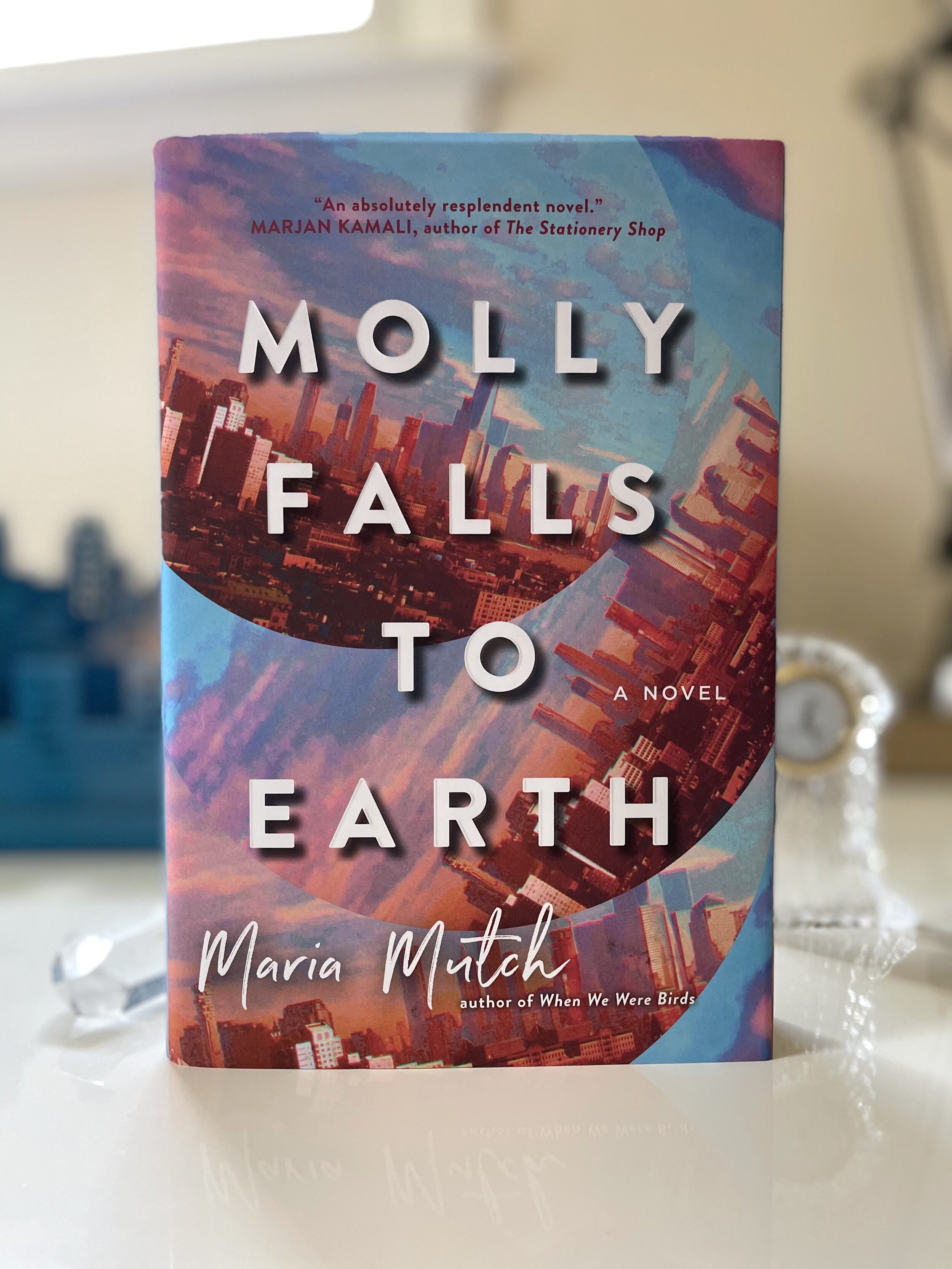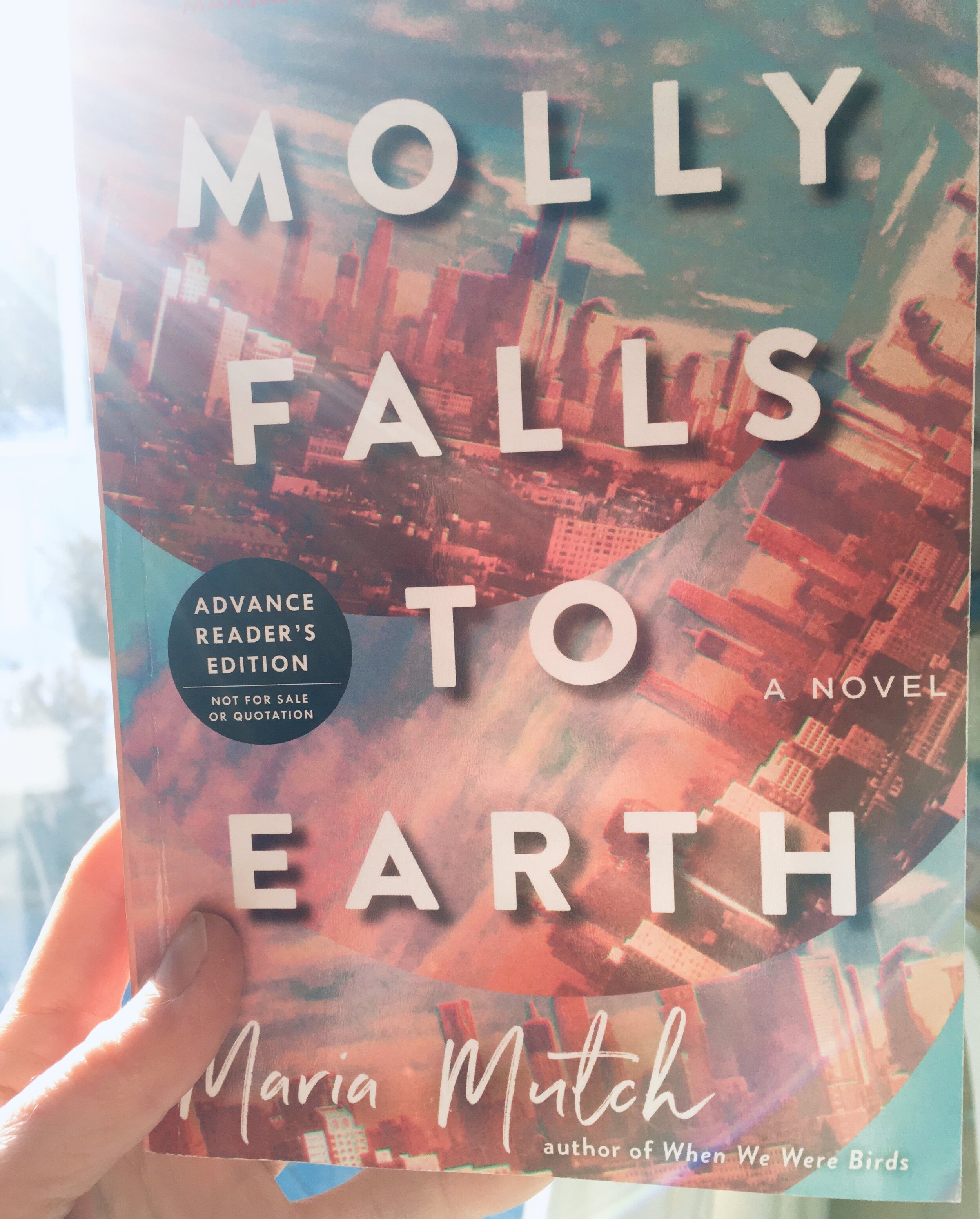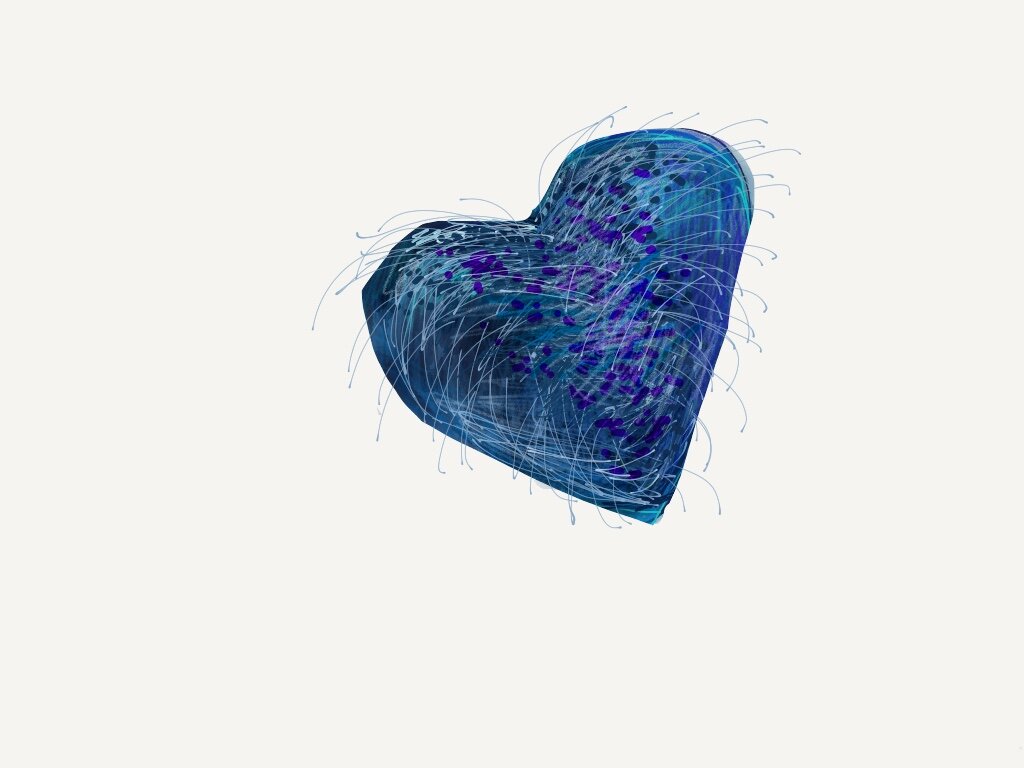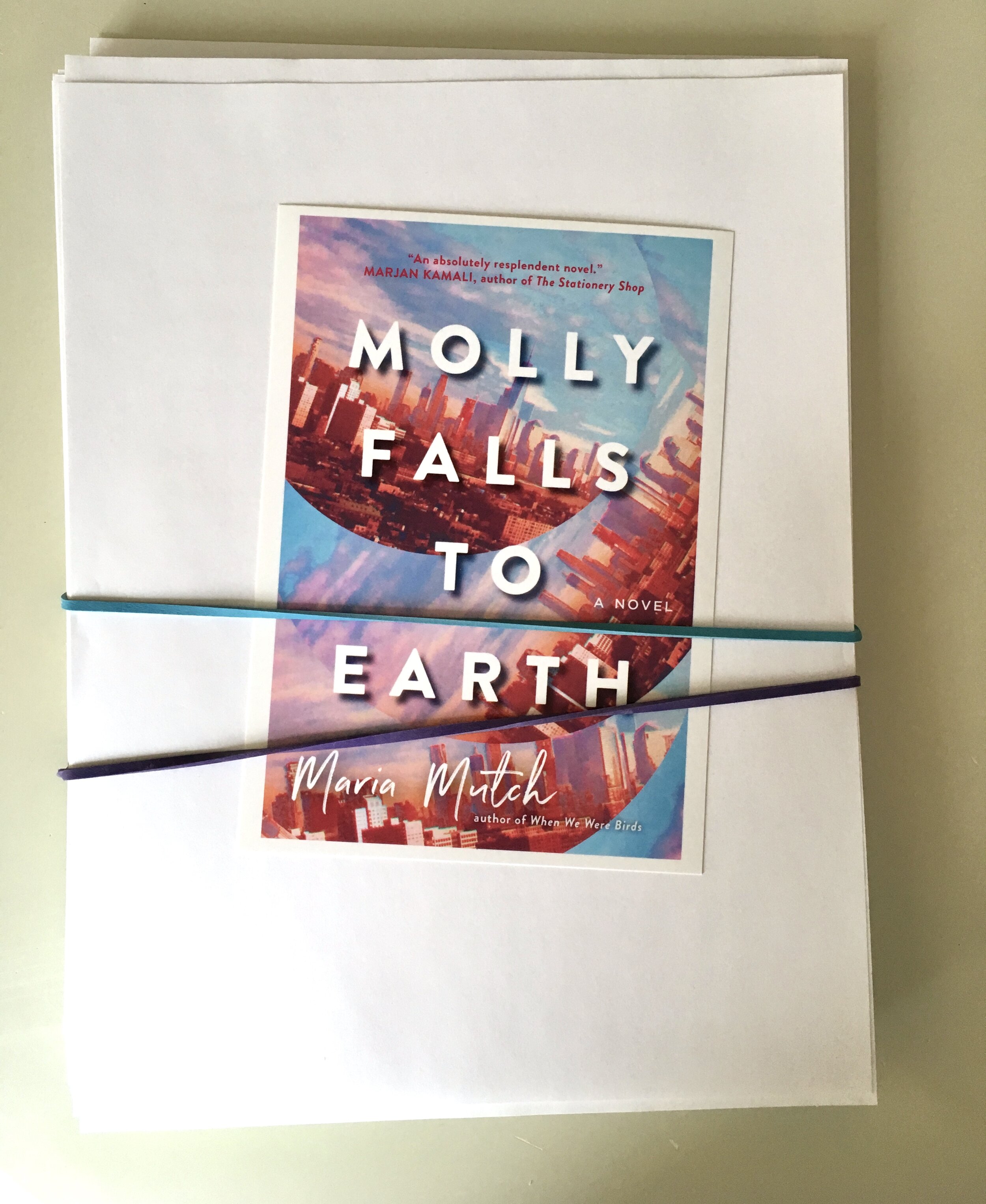It’s been just over a year since the beginning of the COVID lockdowns. I remember—vividly!—teaching an in-person workshop (the last of its kind) on March 14th, 2020, and by the 16th, everything was shuttering up. My husband recently went back to his office where he found the communal whiteboard still had writing on it, dated March 16, 2020. The whole office was pretty much a ghost town, he said, and so he continues to work mostly from home.
But home is not a ghost town, that’s for sure. It’s been action central for months now. My husband, two sons and I (plus the two felines) have carved out our own corners and office spaces. We had our previously unfinished basement finished, which was a huge project five months in the making and wildly noisy—at a time when our collective senses were already overloaded. We engaged in this apparently insane endeavour mostly because of my older son, Gabriel; he has Down syndrome and autism and his day program closed early on when everything went into lockdown. We’ve needed the added space, and now that it’s done, I have to say it has been so incredibly worthwhile.
The big news, of course, for this month—and also long in the making—is that MOLLY FALLS TO EARTH launches on April 27th. At last! Molly was scheduled to release last year, but due to the pandemic, the date was shifted. I’m grateful in many ways for that change, as we’re all had so much practice adapting to dealing with books in a new way, but more than a year in and circumstances generally are much the same. Slow vaccine roll-outs in many regions and the variants have meant that the world is still grinding along, hoping for all those numbers to get better. Hoping for some sense of liberation.
So I’m celebrating MOLLY against this backdrop, but celebrating nonetheless; and moreover I’m celebrating writing and reading in the larger sense because I think they are more than good pursuits, I think they’re life saving, especially now.
The Toronto Star recently called MOLLY FALLS TO EARTH, “Highly anticipated.” The story is this: a dance choreographer has a seven minute seizure on a sidewalk in Manhattan and encounters a kaleidoscope of memory, her past and present, secrets and mysteries, old love, the people gathered around her and questions of existence. There is a thread of missing people, also, as her old love is nowhere to be found, and so the narrative is an impressionistic unfolding and “inventive exploration of time, absence and desire.”





